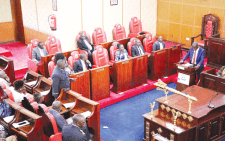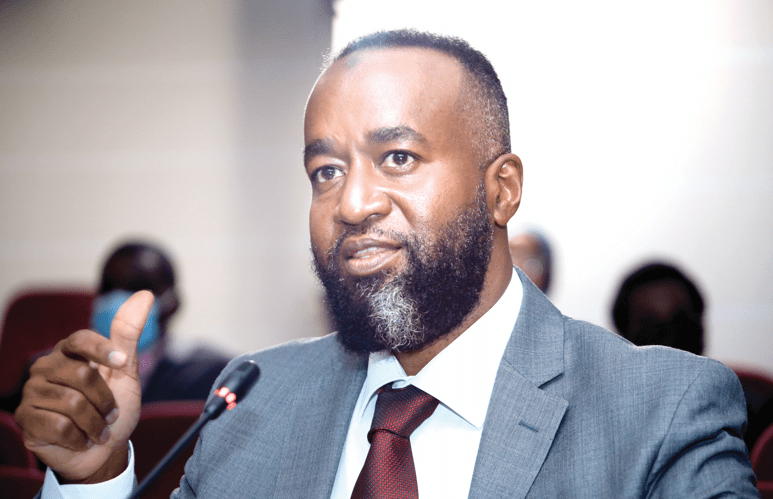The health sector stakeholders have urged President William Ruto to take advan[1]tage of the current wave of governance change across the country to deal decisively with the rampant corruption at the Ministry of Health.
“Mr. President, deal decisively with the rampant corruption at the Ministry of Health in order to restore health services in the country,” they appealed.
Meaningful reforms Renal patients are advocating for the eradication of corruption at the National Health Insurance Fund (NHIF) as the country readies for its transition to the Social Health Authority (SHA), while the rural and urban private health providers are calling for Ruto to reconsider this move.
“The current wave of gov[1]ernance change presents a golden opportunity to make meaningful reforms,” Kenya Renal Association (KRA) Presi[1]dent, Dr Jonathan Wala said in a letter to the President.
He argues that the country can reach solutions that support renal patients’ advocacy campaign for improved ser[1]vices by collectively identifying and addressing a number of issues, graft being core.
Dr Wala says that the ram[1]pant corruption at the NHIF/ SHA has forced dialysis units to pay a percentage of their re[1]imbursements. He argues that to secure rightful funds; this malpractice must end to ensure fair and timely payments for services rendered.
“Mr. President, your leadership and commitment to reform are crucial in this endeavour. I urge you to take decisive action to rid the health sector of corruption and to implement the necessary changes that will improve the lives of countless renal patients across Kenya,” he wrote yesterday.
In view of the recent Cabi[1]net dissolution, occasioned by nationwide demonstrations, Dr Wala thinks that this is an opportunity for genuine trans[1]formative reforms.
“We feel compelled to bring to your attention the dire situation facing renal services in Kenya. The pervasive corrup[1]tion and systemic inefficiencies within the Ministry of Health and by extension, the NHIF have severely hampered the quality of care and access to essential services for renal patients,” he said, proposing a number of measures that the president should execute urgently to address the situation facing renal patients.
He wants a comprehensive care where renal patients should regularly undergo clinical reviews, blood tests, vaccinations, and manage[1]ment of haemodialysis-related complications are necessary to maintain high-quality care.
According to Dr Wala, there is an urgent need for improved access to medications, by ensuring the availability and affordability of essential medications, such as intravenous iron and erythropoiesis-stim[1]ulating agents. This, he pointed out, is crucial for managing anaemia in dialysis patients. On Saturday, the Rural & Urban Private Hospitals Association of Kenya (RUPHA) identified a number of challenges facing the transition to the Social Health Insurance Fund (SHIF), suggesting to the President to reconsider this process by extending the pe[1]period of the shift.
RUPHA chairman, Dr Brian Lishenga (pictured) said that while the transition is taking place, it will be necessary to address the root causes of corruption and mismanagement that plague the system. He said at a press conference that payments for services rendered often come at the cost of bribes, a practice that is both unethical and detrimen[1]tal to healthcare providers and patients alike




















